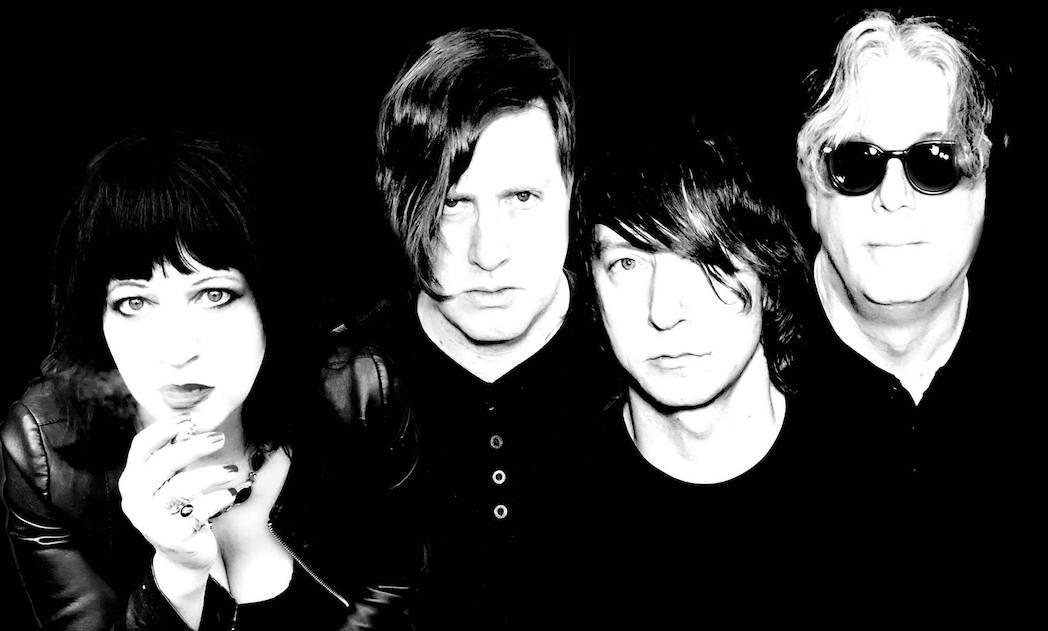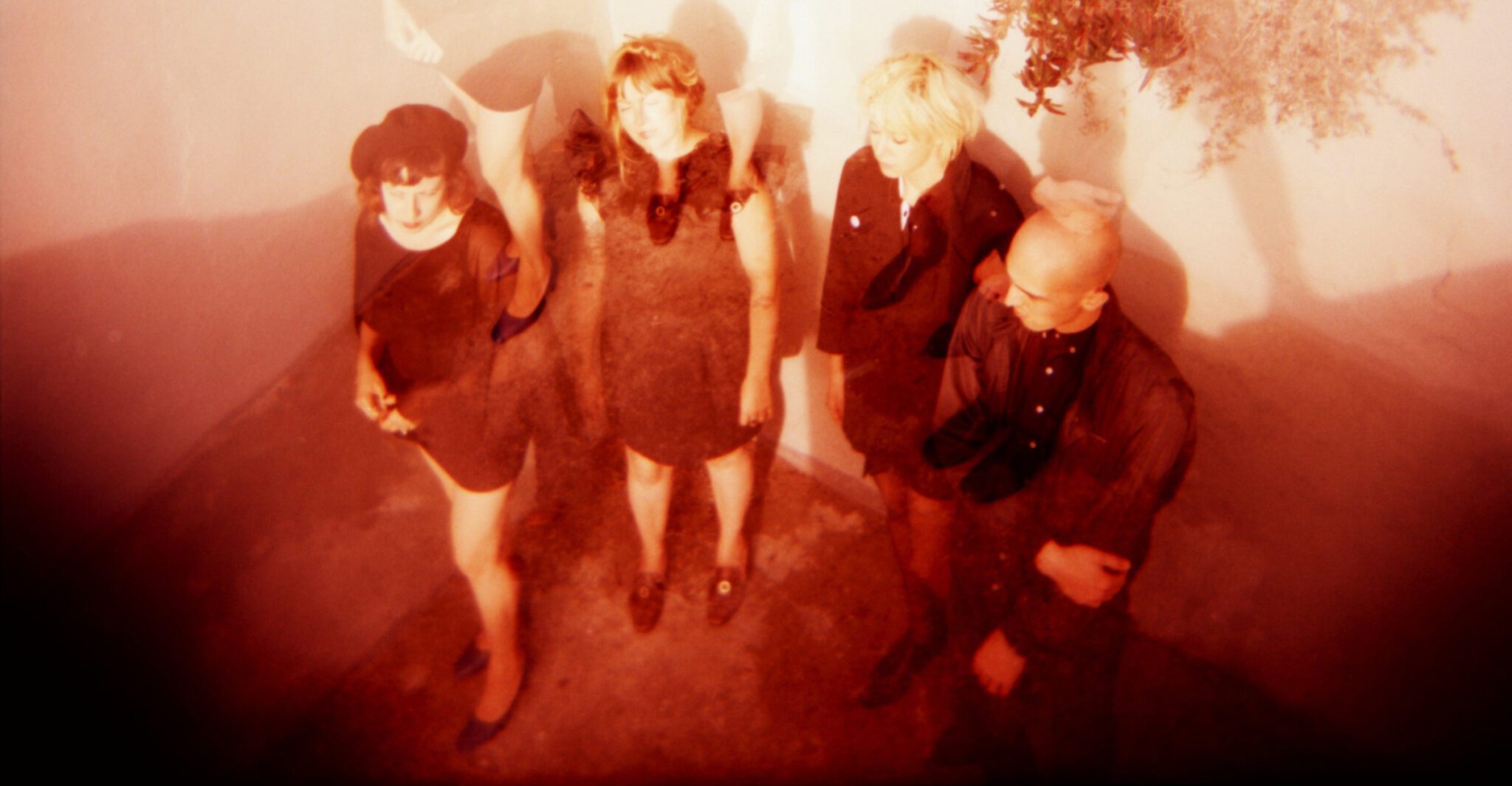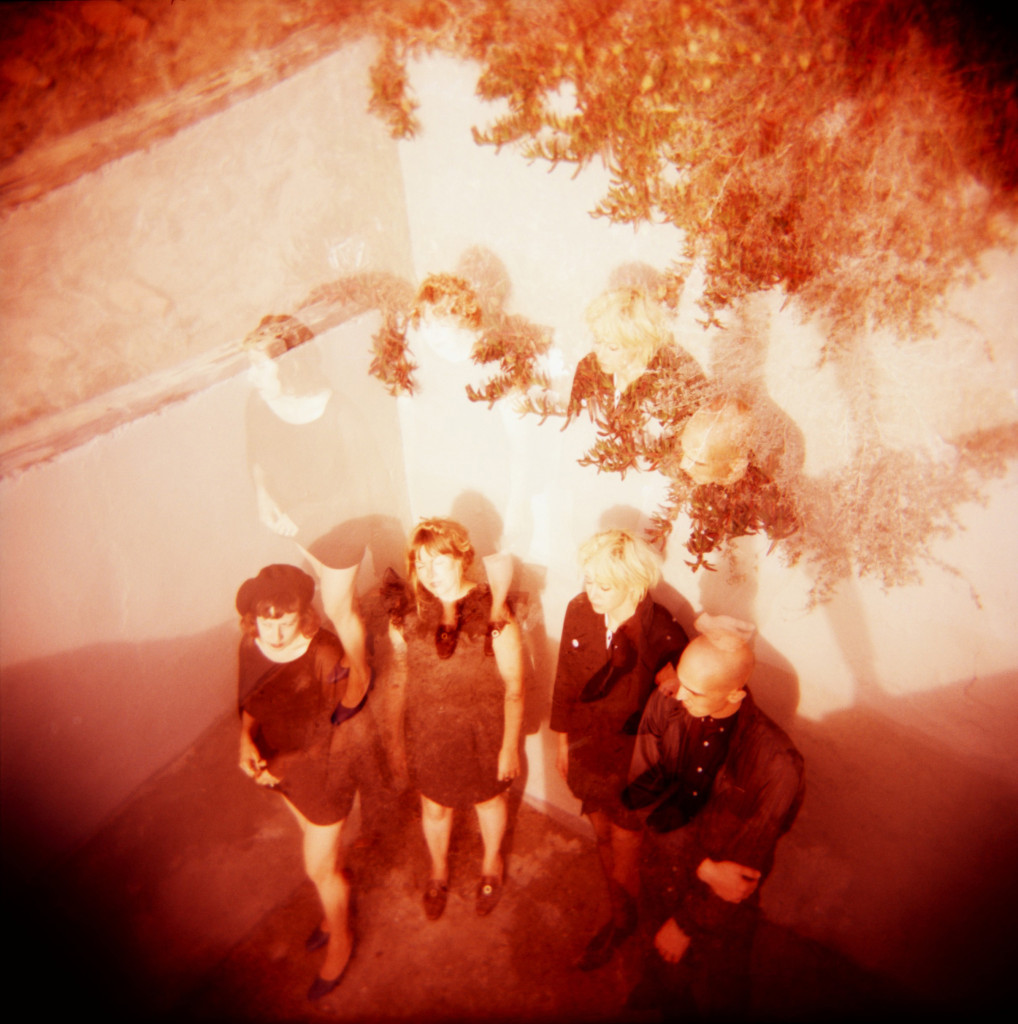

The No Wave scene of 1970’s New York City was altogether bowel borne, the sickened spasm of a nihilist made nervous by the violent void of the Lower East Side. It was a pocket of time and space that knew no law nor order. Rather, it was poverty-ridden and putrid, little more than a decaying plane of filth and illness occupied by scum-soaking bums.
Enter Lydia Lunch – No Wave’s mainstay and New York’s bristling brat among rats. A runaway at 16, Lunch fled her family home in Rochester, New York, in favor of the gurgling gutter of NYC, licking the lyrical coattails of Jean Genet, Hubert Selby Jr, Marquis de Sade, and Henry Miller. In an interview for the Women of Rock Oral History Project, Lunch explains that the works of these writers stoked her drive to confront the trials of her own riotous reality, meaning mundanity was no longer a viable existence. Finally, the filth supplied by a sour mouth would be flavored female (although she’d likely contest the confinement of gendered categories).
Unsurprisingly, Lunch’s confrontational energy was highly anomalous among the saluted dudes of the local underground music scene at the time. In fact, many of her younger comrades thought her to be a “teenage terrorist,” with the exception of a few “weird old men,” including guitarist Robert Quine, who collaborated with the likes of Lou Reed, Richard Hell, and Brian Eno.
Thankfully, Lunch would go on to terrorize the masses through many mediums, including spoken word performance, literature, film, and music. A self-described “musical schizophrenic,” she incited delicious din in the ever-seminal No Wave group Teenage Jesus and the Jerks, and proceeded to rasp her way through a number of bands over the course of her career: Beirut Slump, 8-Eyed Spy, Harry Crews, Big Sexy Noise, and finally, the live and writhing Retrovirus.
Retrovirus is Lunch’s current outfit, along with drummer Bob Bert, bassist Tim Dahl, and guitarist Weasel Walter (also of Cellular Chaos). The self-described “sonic brutarians” recently took the stage at San Francisco’s Rickshaw Stop. As Lunch rarely makes her rounds in the United States, I was eager to secure a ticket. My excitement was not misplaced.
Shortly after her stealthy entry, Miss Lunch greeted the audience with her special cocktail of snarl and stoicism, oozing authority and anti-appeasement. What occurred next could only be described as an all-out aural confrontation. Whilst Bert maintained a steady tremble on drums, the fingerwork of Dahl and Walter was at once phlegmatic and panic-ridden. Lunch punctuated their sonic thunder with fierce ease, a seeming conductor to the cauldron of clamor.
Towards the close of their all too short-lived set (“Snakepit Breakdown,” “Afraid of Your Company,” and “Mechanical Flattery” among the highlights), Lunch did not pussyfoot the expectation for an encore. “This is our last song, trust me. You can beg all you want. We’re not doing another one. We have one song, we’re doing that.” And so it was over. Quick and dirty, like a racy romp in one of her Richard Kern features. Despite my desire for another dose of din, the nonchalance of her dismissal proved startlingly refreshing in this age of social masquerade and appeasement sleaze. Don’t waste your cheerleading on this one.







